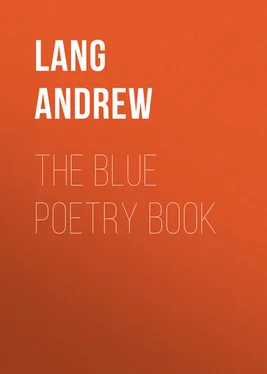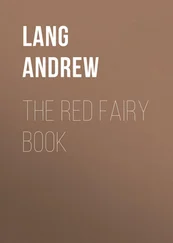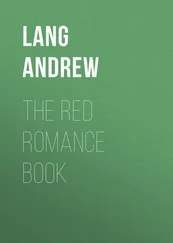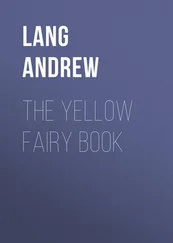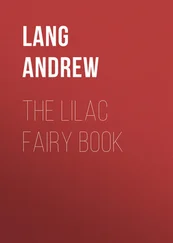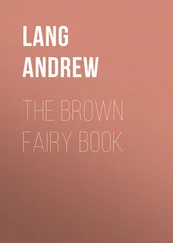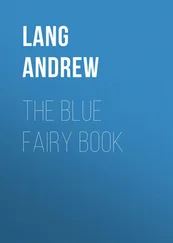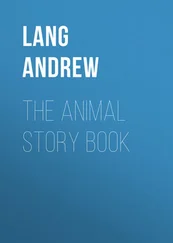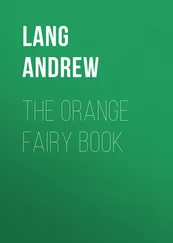Andrew Lang - The Blue Poetry Book
Здесь есть возможность читать онлайн «Andrew Lang - The Blue Poetry Book» — ознакомительный отрывок электронной книги совершенно бесплатно, а после прочтения отрывка купить полную версию. В некоторых случаях можно слушать аудио, скачать через торрент в формате fb2 и присутствует краткое содержание. Жанр: foreign_antique, foreign_prose, на английском языке. Описание произведения, (предисловие) а так же отзывы посетителей доступны на портале библиотеки ЛибКат.
- Название:The Blue Poetry Book
- Автор:
- Жанр:
- Год:неизвестен
- ISBN:нет данных
- Рейтинг книги:3 / 5. Голосов: 1
-
Избранное:Добавить в избранное
- Отзывы:
-
Ваша оценка:
- 60
- 1
- 2
- 3
- 4
- 5
The Blue Poetry Book: краткое содержание, описание и аннотация
Предлагаем к чтению аннотацию, описание, краткое содержание или предисловие (зависит от того, что написал сам автор книги «The Blue Poetry Book»). Если вы не нашли необходимую информацию о книге — напишите в комментариях, мы постараемся отыскать её.
The Blue Poetry Book — читать онлайн ознакомительный отрывок
Ниже представлен текст книги, разбитый по страницам. Система сохранения места последней прочитанной страницы, позволяет с удобством читать онлайн бесплатно книгу «The Blue Poetry Book», без необходимости каждый раз заново искать на чём Вы остановились. Поставьте закладку, и сможете в любой момент перейти на страницу, на которой закончили чтение.
Интервал:
Закладка:
And still as fast as he drew near,
’Twas wonderful to view
How in a trice the turnpike-men
Their gates wide open threw.
And now as he went bowing down
His reeking head full low,
The bottles twain behind his back
Were shatter’d at a blow.
Down ran the wine into the road
Most piteous to be seen,
Which made his horse’s flanks to smoke
As they had basted been.
But still he seem’d to carry weight,
With leathern girdle braced,
For all might see the bottle-necks
Still dangling at his waist.
Thus all through merry Islington
These gambols he did play,
And till he came unto the Wash
Of Edmonton so gay.
And there he threw the Wash about
On both sides of the way,
Just like unto a trundling mop,
Or a wild-goose at play.
At Edmonton his loving wife
From the balcòny spied
Her tender husband, wondering much
To see how he did ride.
Stop, stop, John Gilpin! – Here’s the house —
They all at once did cry,
The dinner waits, and we are tired;
Said Gilpin – So am I!
But yet his horse was not a whit
Inclined to tarry there,
For why? his owner had a house
Full ten miles off, at Ware.
So like an arrow swift he flew
Shot by an archer strong,
So did he fly – which brings me to
The middle of my song.
Away went Gilpin, out of breath,
And sore against his will,
Till at his friend the Callender’s
His horse at last stood still.
The Callender, amazed to see
His neighbour in such trim,
Laid down his pipe, flew to the gate,
And thus accosted him —
What news? what news? your tidings tell,
Tell me you must and shall —
Say, why bareheaded you are come,
Or why you come at all?
Now Gilpin had a pleasant wit,
And loved a timely joke,
And thus unto the Callender
In merry guise he spoke —
I came because your horse would come;
And if I well forbode,
My hat and wig will soon be here,
They are upon the road.
The Callender, right glad to find
His friend in merry pin,
Return’d him not a single word,
But to the house went in.
Whence straight he came with hat and wig,
A wig that flow’d behind,
A hat not much the worse for wear,
Each comely in its kind.
He held them up, and in his turn
Thus show’d his ready wit,
My head is twice as big as yours,
They therefore needs must fit.
But let me scrape the dirt away,
That hangs upon your face;
And stop and eat, for well you may
Be in a hungry case.
Said John – It is my wedding-day,
And all the world would stare,
If wife should dine at Edmonton
And I should dine at Ware.
So, turning to his horse, he said,
I am in haste to dine,
’Twas for your pleasure you came here,
You shall go back for mine.
Ah, luckless speech, and bootless boast!
For which he paid full dear,
For while he spake a braying ass
Did sing most loud and clear.
Whereat his horse did snort as he
Had heard a lion roar,
And gallop’d off with all his might,
As he had done before.
Away went Gilpin, and away
Went Gilpin’s hat and wig;
He lost them sooner than at first,
For why? they were too big.
Now Mistress Gilpin, when she saw
Her husband posting down
Into the country far away,
She pull’d out half-a-crown;
And thus unto the youth she said,
That drove them to the Bell,
This shall be yours, when you bring back
My husband safe and well.
The youth did ride, and soon did meet
John coming back amain,
Whom in a trice he tried to stop
By catching at his rein.
But not performing what he meant,
And gladly would have done,
The frighten’d steed he frighten’d more
And made him faster run.
Away went Gilpin, and away
Went postboy at his heels,
The postboy’s horse right glad to miss
The lumbering of the wheels.
Six gentlemen upon the road
Thus seeing Gilpin fly,
With postboy scampering in the rear,
They raised the hue and cry.
Stop thief! – stop thief! – a highwayman!
Not one of them was mute,
And all and each that pass’d that way
Did join in the pursuit.
And now the turnpike gates again
Flew open in short space,
The toll-men thinking as before
That Gilpin rode a race.
And so he did and won it too,
For he got first to town,
Nor stopp’d till where he had got up
He did again get down.
– Now let us sing, Long live the king,
And Gilpin long live he,
And when he next doth ride abroad,
May I be there to see!
HOHENLINDEN
On Linden, when the sun was low,
All bloodless lay th’ untrodden snow;
And dark as winter was the flow
Of Iser, rolling rapidly.
But Linden saw another sight,
When the drum beat, at dead of night
Commanding fires of death to light
The darkness of her scenery.
By torch and trumpet fast array’d
Each horseman drew his battle-blade,
And furious every charger neigh’d
To join the dreadful revelry.
Then shook the hills with thunder riven;
Then rush’d the steed to battle driven,
And louder than the bolts of Heaven,
Far flash’d the red artillery.
But redder yet that light shall glow
On Linden’s hills of stainèd snow;
And bloodier yet the torrent flow
Of Iser, rolling rapidly.
’Tis morn, but scarce yon level sun
Can pierce the war-clouds, rolling dun,
Where furious Frank, and fiery Hun,
Shout in their sulph’rous canopy.
The combat deepens. On, ye brave
Who rush to glory, or the grave!
Wave, Munich! all thy banners wave,
And charge with all thy chivalry!
Few, few, shall part, where many meet!
The snow shall be their winding-sheet,
And every turf beneath their feet
Shall be a soldier’s sepulchre.
THE VILLAGE BLACKSMITH
Under a spreading chestnut tree
The village smithy stands;
The smith, a mighty man is he,
With large and sinewy hands;
And the muscles of his brawny arms
Are strong as iron bands.
His hair is crisp, and black, and long,
His face is like the tan;
His brow is wet with honest sweat,
He earns whate’er he can,
And looks the whole world in the face,
For he owes not any man.
Week in, week out, from morn till night,
You can hear his bellows blow;
You can hear him swing his heavy sledge,
With measured beat and slow,
Like a sexton ringing the village bell,
When the evening sun is low.
Интервал:
Закладка:
Похожие книги на «The Blue Poetry Book»
Представляем Вашему вниманию похожие книги на «The Blue Poetry Book» списком для выбора. Мы отобрали схожую по названию и смыслу литературу в надежде предоставить читателям больше вариантов отыскать новые, интересные, ещё непрочитанные произведения.
Обсуждение, отзывы о книге «The Blue Poetry Book» и просто собственные мнения читателей. Оставьте ваши комментарии, напишите, что Вы думаете о произведении, его смысле или главных героях. Укажите что конкретно понравилось, а что нет, и почему Вы так считаете.
